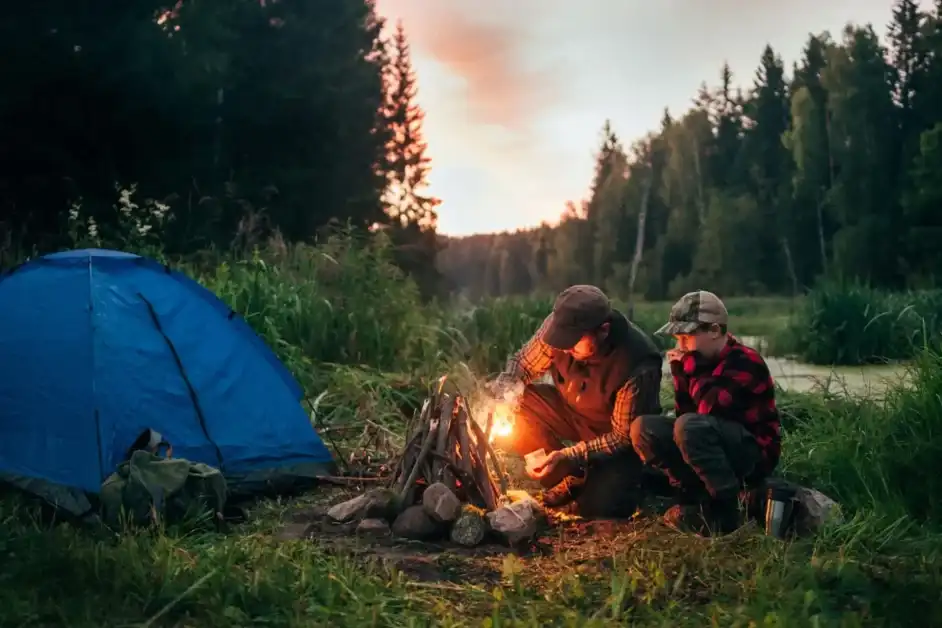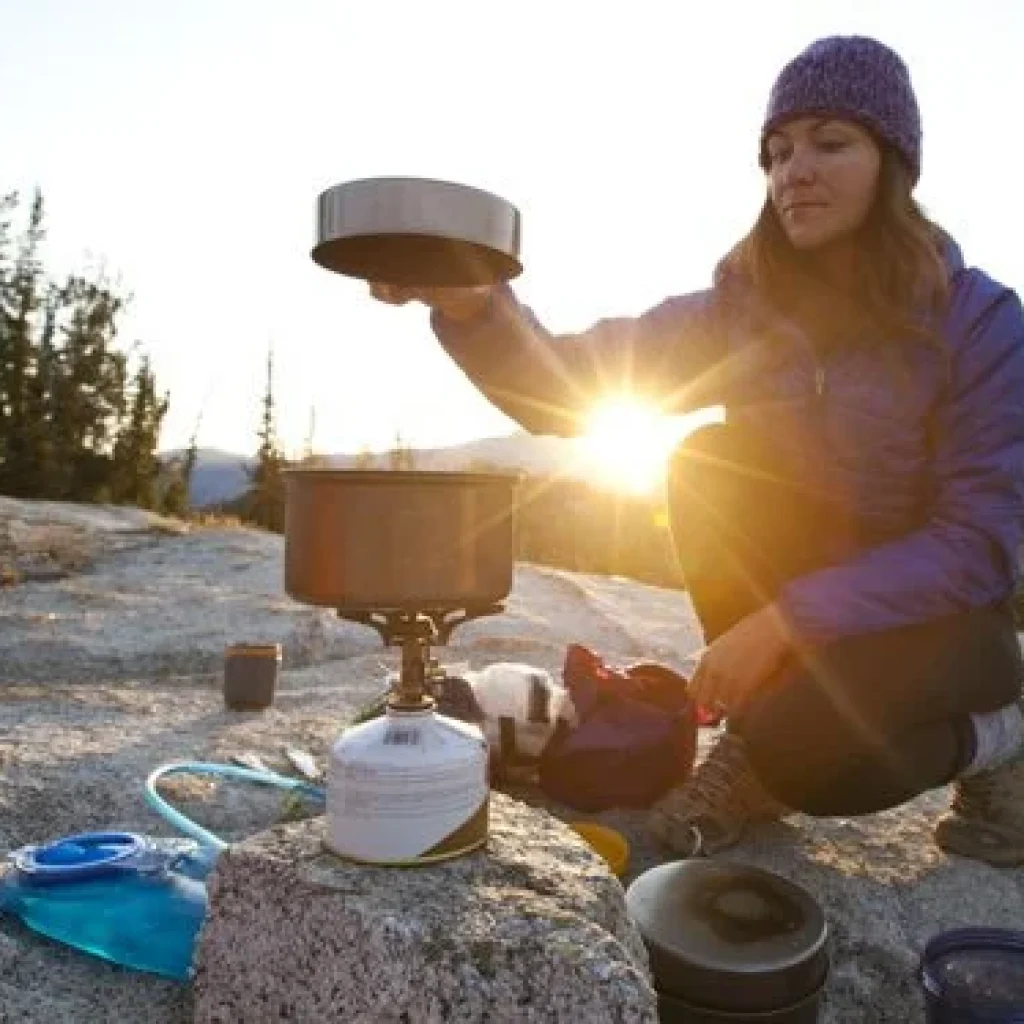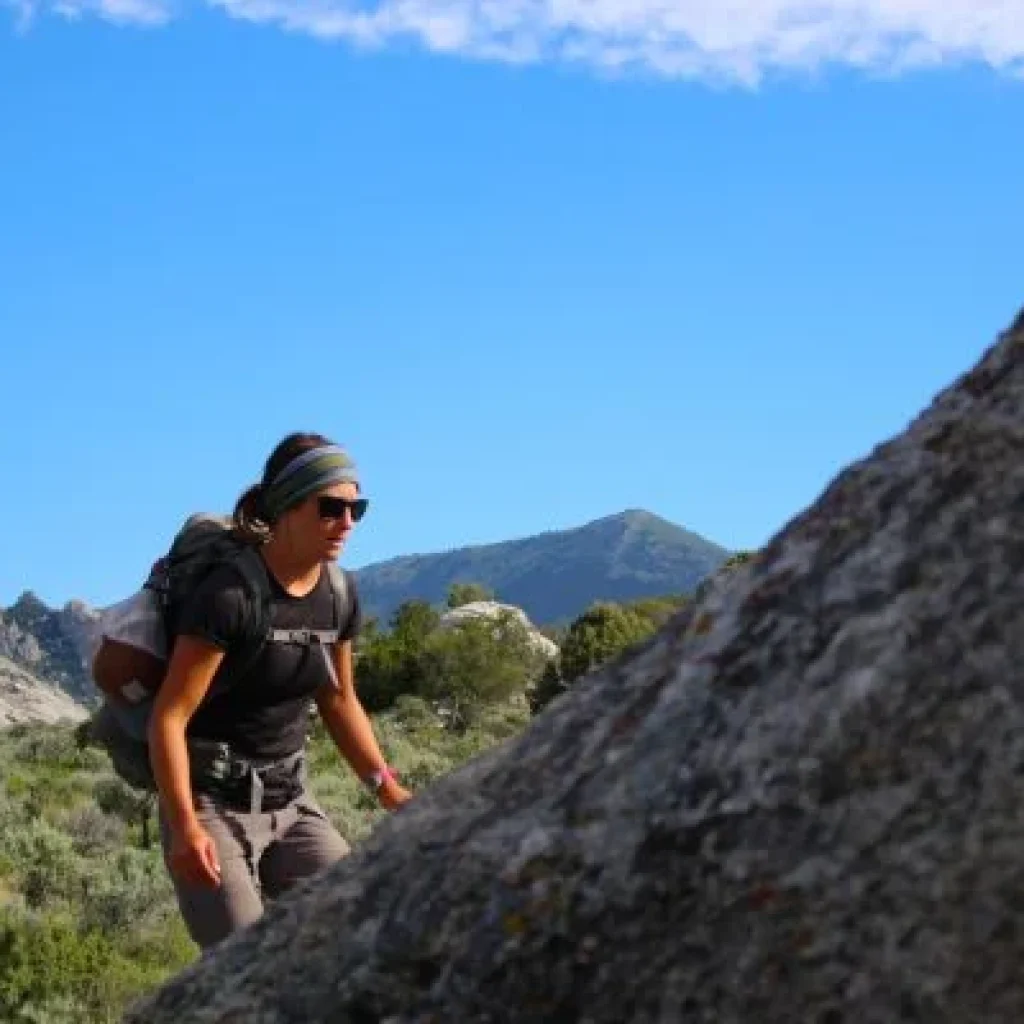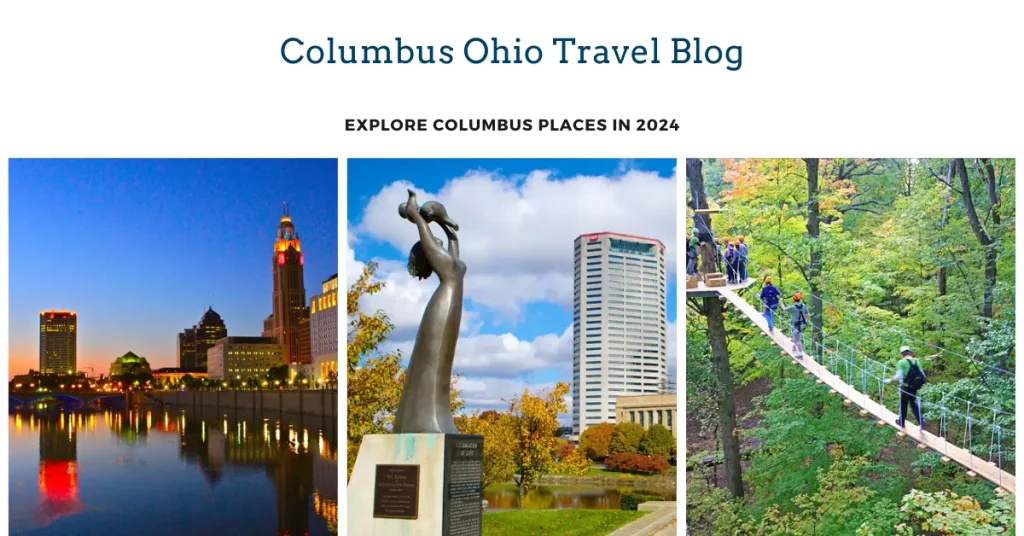Uncovering Bluefire Wilderness Complaints: The Real Story

Bluefire Wilderness is a wilderness therapy program that aims at individuals struggling with mental health challenges, behavioral issues, and addiction. However, like any program, has faced its fair share of complaints and allegations.
In this blog, we will explore the various complaints raised against Bluefire Wilderness, the program’s response, and the impact of these complaints on the program’s reputation. We will also discuss the positive aspects of Bluefire Wilderness and how it compares to other wilderness therapy programs.
Exploring the Allegations Against Bluefire Wilderness

Before delving into the specific complaints, it is important to note that wilderness therapy programs, including Bluefire Wilderness, take the well-being and safety of their participants seriously. However, it is not uncommon for allegations of abuse, safety concerns, program costs, and staff qualifications to arise in the wilderness therapy industry.
Safety Concerns Raised by Attendees
One of the primary concerns raised by attendees of wilderness therapy programs, including Bluefire Wilderness, is the issue of safety. Participants, who are often struggling with mental health challenges, may express concerns about restraints, mistreatment, or the level of care provided.
Ensuring the safety of attendees is a critical aspect of wilderness therapy programs. The staff at Bluefire Wilderness undergo rigorous training to ensure the physical and emotional well-being of participants. While incidents can occur in any program, Bluefire Wilderness is committed to promptly addressing and resolving any safety concerns raised by attendees.
Issues Regarding Program Costs
Another common complaint raised by participants of wilderness therapy programs, including Bluefire Wilderness, is related to program costs. Participants and their families often invest a significant amount of financial resources in seeking treatment, and the transparency of program costs is of paramount importance.
Bluefire Wilderness acknowledges the concerns regarding program costs and strives to provide clear and transparent information about the fees involved. Participants and their families need to understand that wilderness therapy programs, like Bluefire Wilderness, offer personalized treatment plans tailored to the individual’s needs. These plans involve extensive therapeutic support, outdoor activities, and accommodation, which contribute to the overall program costs.
Disputes Over Staff Qualifications
The qualifications of the staff members employed by wilderness therapy programs, including Bluefire Wilderness, are also subject to scrutiny and disputes. Participants and their families may question the level of expertise and training held by staff members, as well as their ability to provide the necessary therapeutic support.
Bluefire Wilderness ensures that its staff members, including field instructors, possess the appropriate qualifications and training to work in a therapeutic setting. The program complies with industry standards and guidelines, and staff members often have certifications and experience that align with the program’s therapeutic approach. Bluefire Wilderness also maintains a therapeutic boarding school that further supports the professional development of staff members.
Understanding the Implications of the Complaints

Now that we have explored the complaints raised against Bluefire Wilderness, it is important to understand the implications these complaints have on the program’s overall effectiveness and reputation. Complaints related to treatment efficacy, communication challenges, and the general perception of the program can significantly impact the program’s success and the well-being of the participants.
Evaluating Treatment Efficacy Amidst Criticisms
Evaluating the efficacy of treatment provided by wilderness therapy programs, such as Bluefire Wilderness, is crucial to ensuring that participants receive the help they need. Critics of wilderness therapy may question the program’s ability to address behavioral issues and provide effective mental health treatment.
Bluefire Wilderness understands the importance of evaluating treatment efficacy and continuously works to refine its therapeutic approaches. The program employs evidence-based techniques and incorporates individualized treatment plans that target the specific needs of each participant. While criticisms may arise, the feedback and experiences of former participants, like Jonathan Hyde, highlight the positive impact wilderness therapy can have on young adults facing mental health challenges.
Communication Challenges Faced by Participants
Effective communication plays a vital role in the success of any therapy program, including wilderness therapy. Participants may face challenges in expressing themselves, building meaningful connections, and effectively engaging in family or group therapy sessions.
Bluefire Wilderness recognizes the importance of addressing communication challenges faced by participants. The program emphasizes the development of open and honest communication between participants, staff, and families. Various therapeutic modalities, such as group therapy and family involvement, are incorporated to improve communication skills and enhance the overall treatment experience.
Bluefire Wilderness’s Take on the Complaints
Now, let’s explore how Bluefire Wilderness has responded to the various complaints and allegations raised against the program. Bluefire Wilderness takes these concerns seriously and aims to provide transparency, clarifications, and solutions to ensure the best possible treatment experience for participants.
Response to Safety Concerns
When it comes to safety concerns, Bluefire Wilderness prioritizes the well-being of its participants. The program maintains robust safety protocols, enforces a zero-tolerance policy for abuse or mistreatment, and regularly reviews and enhances safety measures. Bluefire Wilderness works diligently to provide a safe and supportive environment, offering the highest level of care to its participants.
Justification of Program Costs
Bluefire Wilderness understands the need for transparency and justifications about program costs. The program ensures that participants and their families are well-informed about the investment required for the comprehensive treatment provided. Program costs encompass various factors, including personalized treatment plans, therapeutic interventions, outdoor activities, accommodations, and the expertise of the staff members. Bluefire Wilderness strives to strike a balance between the quality of care offered and the associated costs, with the ultimate goal of providing an effective and transformative treatment experience for each participant.
Clarifications on Staff Qualifications
To address disputes over staff qualifications, Bluefire Wilderness emphasizes the importance of training and professional development for staff members. Field instructors, in particular, undergo rigorous training to ensure they possess the necessary skills and expertise to provide therapeutic support in a wilderness setting. Bluefire Wilderness maintains a robust hiring process, ensuring staff members have the qualifications and experience required to address the mental health needs of the program’s participants effectively. By continuously investing in staff qualifications, Bluefire Wilderness demonstrates its commitment to providing the highest standard of care.
The Impact of Complaints on Bluefire Wilderness

The complaints raised against Bluefire Wilderness and the program’s response to these complaints can have a significant impact on enrollment numbers, legal consequences, and the program’s overall reputation.
Influence on Enrollment Numbers
Addressing complaints and providing effective solutions are key factors that contribute to participant satisfaction and, subsequently, program enrollment numbers. Positive feedback and experiences shared by participants, as well as the program’s commitment to addressing concerns, are likely to attract new participants. In recent years, wilderness therapy programs, including Bluefire Wilderness, have seen increased participation as more individuals recognize the benefits of outdoor therapeutic intervention.
Legal and Regulatory Consequences
Complaints and allegations against wilderness therapy programs can lead to legal and regulatory consequences if not addressed appropriately. Compliance with regulations, implementing industry best practices, and promptly resolving issues are essential to mitigate potential legal implications. Wilderness therapy programs, including Bluefire Wilderness, are well aware of the importance of adhering to legal and ethical standards, as well as maintaining positive relationships with regulatory bodies to ensure the program’s long-term sustainability.
Improvement Measures Undertaken by Bluefire Wilderness
Bluefire Wilderness continuously strives to improve its program by enhancing safety measures, communication protocols, and overall program effectiveness. The program’s commitment to growth and development reflects its dedication to providing the best possible treatment experience for participants.
Steps Toward Enhancing Safety Measures
The safety of participants is of utmost importance to Bluefire Wilderness, and the program consistently evaluates and strengthens its safety measures. This includes the implementation of a rigorous wilderness therapy program and emergency protocols, regular staff training, and ongoing reviews of safety practices. These steps ensure that the program maintains a safe and secure environment for participants throughout their therapeutic journey.
Efforts to Improve Communication with Participants
Recognizing the significance of effective communication, Bluefire Wilderness places a strong emphasis on improving communication channels with participants. The program actively involves participants’ families in the therapeutic process, offering family therapy sessions and opportunities for open dialogue. Participant feedback is also valued, and Bluefire Wilderness takes the necessary steps to address communication challenges and create an atmosphere of trust and understanding between participants, staff, and families.
Positive Aspects of Bluefire Wilderness Amidst Complaints
Despite the complaints raised against Bluefire Wilderness, it is essential to examine the positive aspects of the program. Bluefire Wilderness offers personalized treatment plans, incorporating therapeutic interventions tailored to the specific needs of each participant. Outdoor activities play a vital role in the program, fostering growth, self-reflection, and the development of valuable life skills. Additionally, the involvement of the participant’s family contributes to the overall effectiveness of the treatment process, promoting healing and strengthening the support system.
Personalized Treatment Plans and Their Benefits
Bluefire Wilderness is dedicated to providing individualized treatment plans, as every participant’s mental health challenges are unique. Personalized treatment plans allow for targeted therapeutic interventions, addressing the specific needs of young adults facing emotional and behavioral challenges. By tailoring the treatment approach to the individual, Bluefire Wilderness aims to maximize the program’s effectiveness and promote lasting positive changes.
Role of Outdoor Activities in Therapy
Outdoor activities play a crucial role in the therapeutic process of Bluefire Wilderness. Engaging with nature, participating in wilderness therapy, and adventure-based interventions provide participants with valuable opportunities for self-reflection, personal growth, and skill development. The therapeutic benefits of outdoor activities are well-documented, and wilderness therapy offers an immersive and transformative experience that supports mental health treatment.
Family Involvement in the Treatment Process
Bluefire Wilderness recognizes the significance of family involvement in the treatment process. Family therapy sessions and the active engagement of family members foster understanding, support, and the development of healthy communication patterns. Family involvement has been shown to contribute positively to treatment outcomes, helping participants build stronger relationships, address family dynamics, and sustain the progress made during therapy.
How Does the Reality of Bluefire Wilderness Compare to Other Wilderness Programs?
While complaints and concerns may be raised against wilderness therapy programs like Bluefire Wilderness, it is important to consider the program in the context of the broader industry. Comparing the reality of Bluefire Wilderness to other programs can provide a better understanding of its strengths and areas of improvement.
For example, Trails Carolina, located in North Carolina, is another well-known wilderness therapy program. Both programs strive to provide therapeutic wilderness experiences, but each program may have different approaches, treatment modalities, and philosophies. Comparing the specific details of programs such as Bluefire Wilderness and Trails Carolina can help individuals make informed decisions based on their unique needs and preferences.
Frequently Asked Questions
What are some common misconceptions about Bluefire Wilderness?
There are several common misconceptions about Bluefire Wilderness. One misconception is that it is a boot camp or military-style program, when in fact, it is a therapeutic wilderness program. It is also thought to be only for troubled teens, but it serves young adults and families as well. Additionally, some may believe that the program solely focuses on outdoor survival skills, when it actually incorporates therapy and counseling sessions. It is important to clarify these misconceptions and understand the nature of the program before making assumptions or spreading rumors.
How does Bluefire Wilderness address and resolve any complaints or issues raised by clients or their families?
Bluefire Wilderness takes complaints and issues raised by clients or their families seriously. The program encourages open communication and provides multiple avenues for clients to voice their concerns. The first step is to discuss the issue with the therapist or staff member involved, to resolve it at that level. If the issue cannot be resolved, it is escalated to a supervisor or program director. Bluefire Wilderness has a formal grievance process in place to ensure that all complaints are addressed and resolved appropriately, considering family feedback.
Are there any specific policies or procedures in place to prevent and address potential complaints?
Bluefire Wilderness has specific policies and procedures in place to prevent and address potential complaints. These include regular staff training to ensure a high standard of care, a thorough intake process to assess participant needs, and an open-door policy for clients to voice concerns. If a complaint is received, it is immediately investigated and addressed by the appropriate personnel. Bluefire Wilderness strives to provide a safe and positive experience for all clients, and a comprehensive system of policies and procedures is in place to ensure the program’s effectiveness and integrity.
Can you provide examples of positive experiences and outcomes from past clients of Bluefire Wilderness?
Past clients of Bluefire Wilderness have shared their positive experiences and outcomes. They have reported improvements in self-esteem, communication skills, and overall well-being. Personalized treatment plans tailored to individual needs have been highlighted as a key factor contributing to successful outcomes. Testimonials showcase the transformative impact of Bluefire Wilderness on the lives of past clients.
Conclusion
In conclusion, it is important to consider all perspectives when evaluating the allegations against Bluefire Wilderness. While safety concerns, program costs, and staff qualifications have been raised as issues, it is crucial to understand the implications of these complaints about treatment efficacy and participant communication. Bluefire Wilderness has responded to these concerns by enhancing safety measures and improving communication with participants.
Despite the complaints, there are positive aspects to consider, such as personalized treatment plans, the role of outdoor activities in therapy, and family involvement in the treatment process. It is also essential to compare the reality of Bluefire Wilderness to other wilderness programs to gain a comprehensive understanding. As always, we welcome your comments below to continue the discussion.













